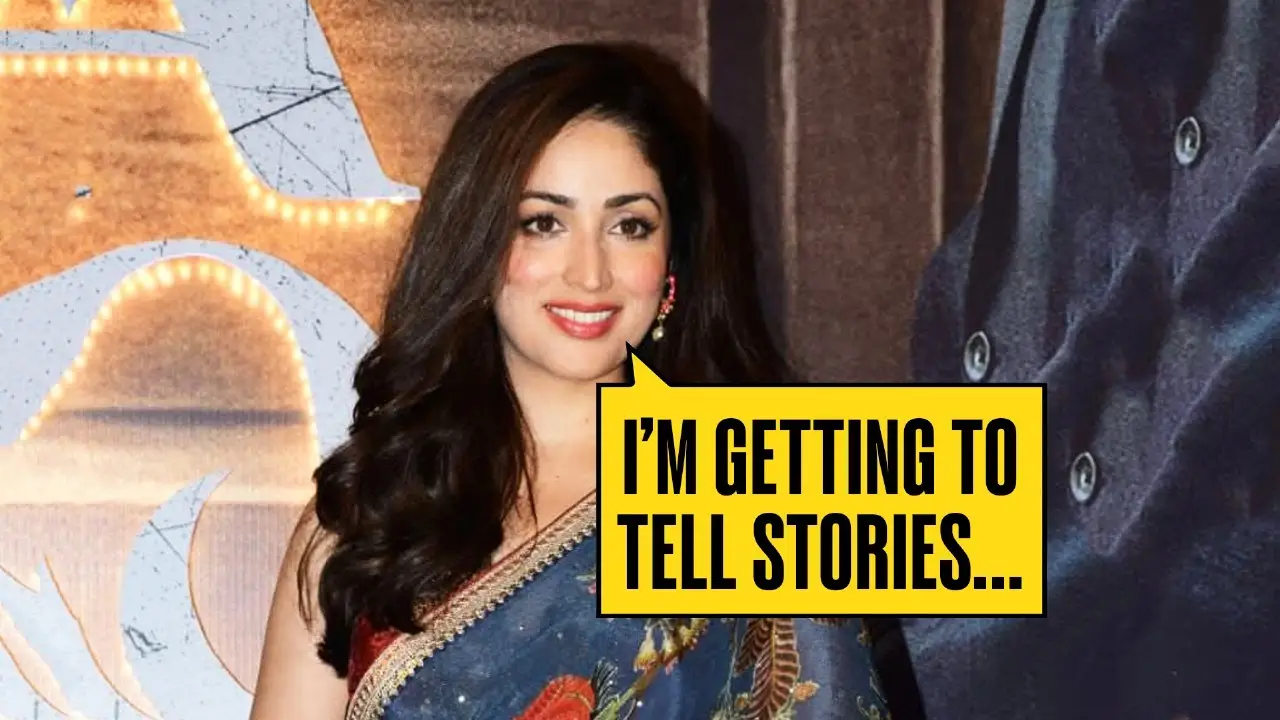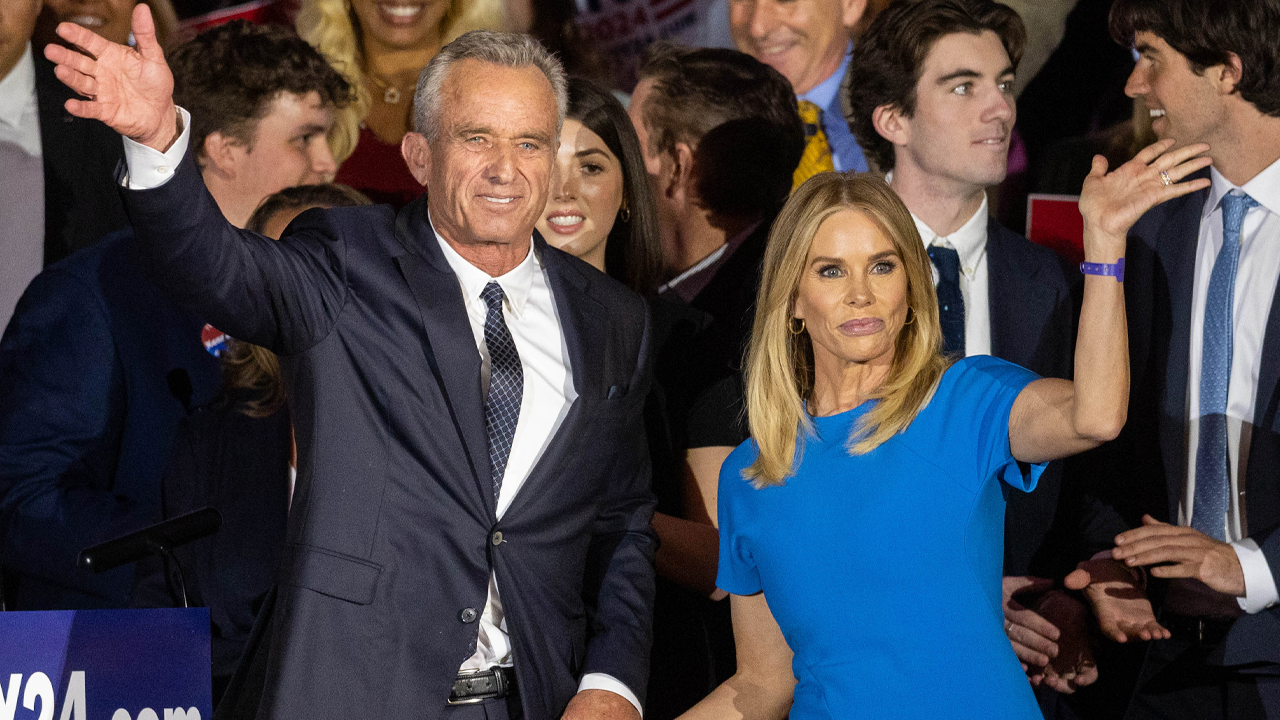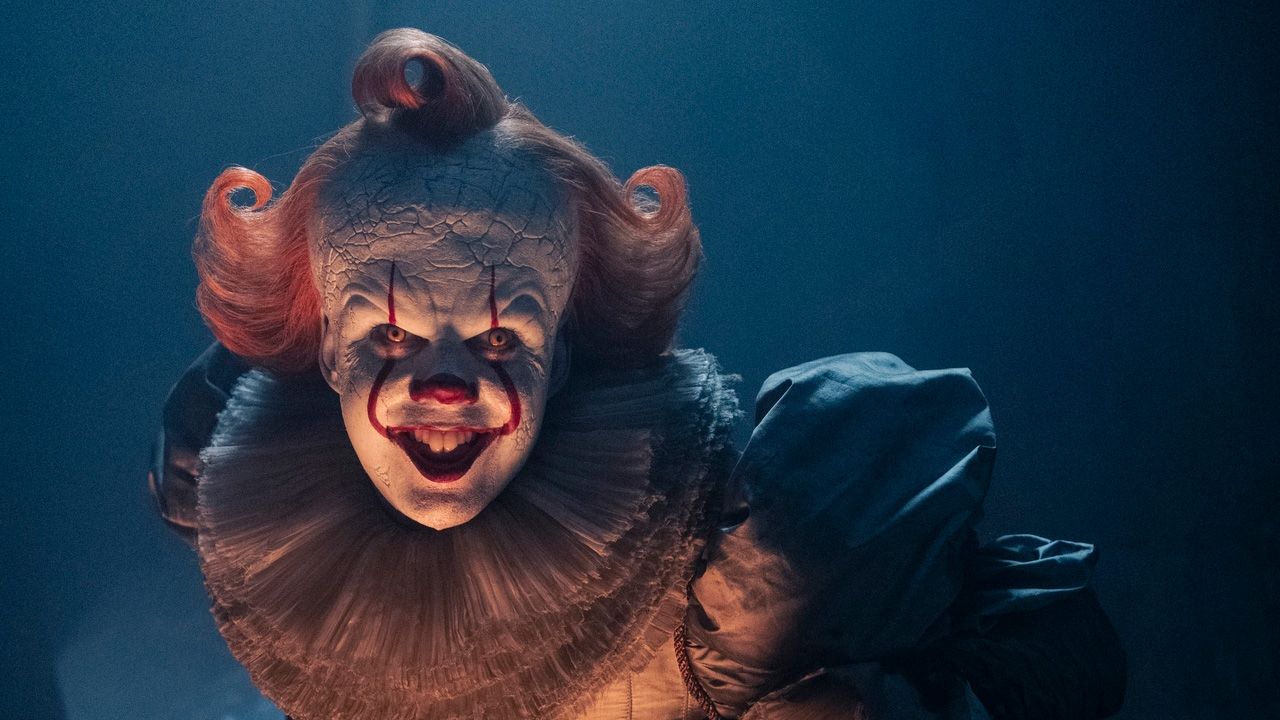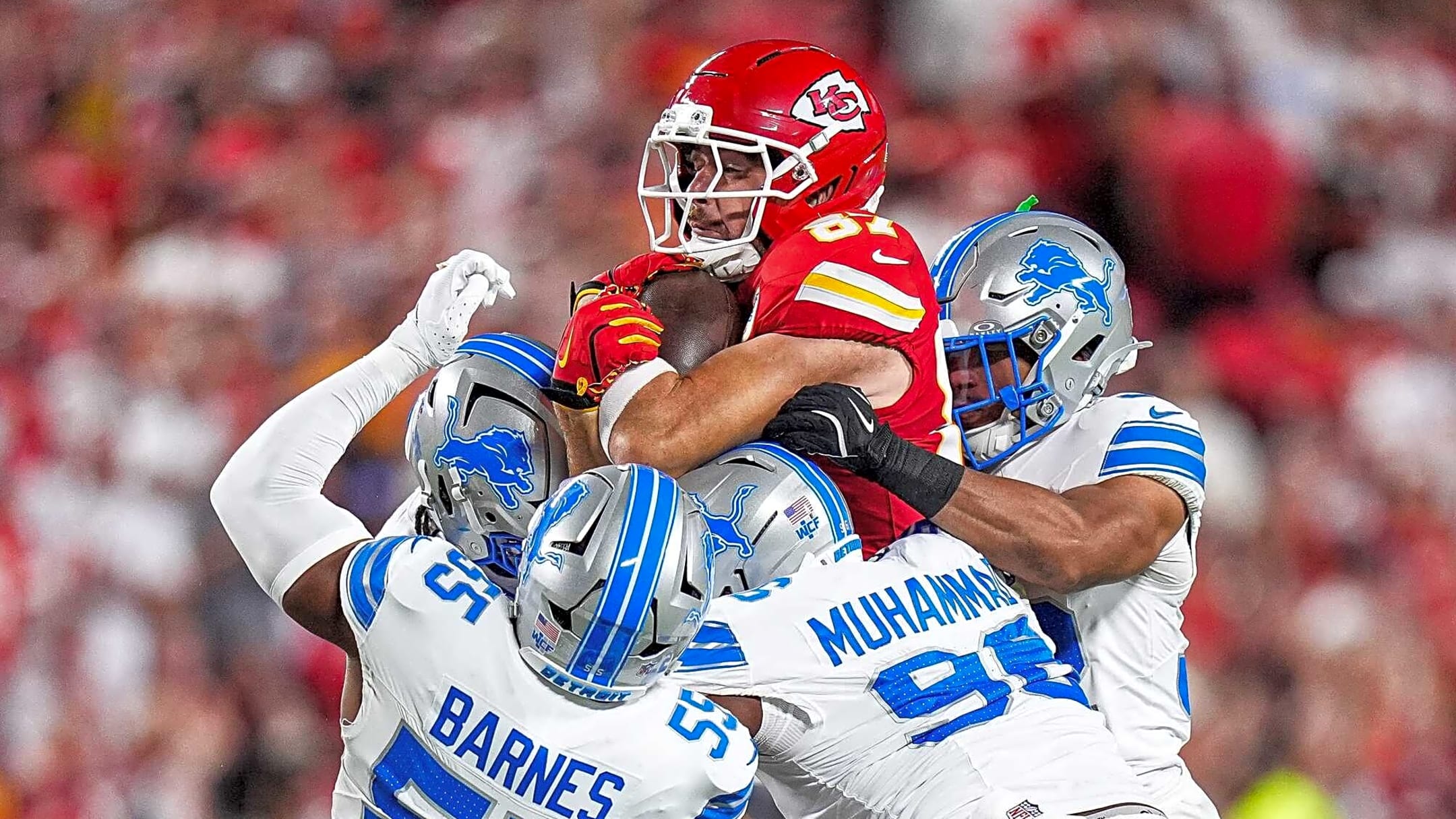Copyright newyorker
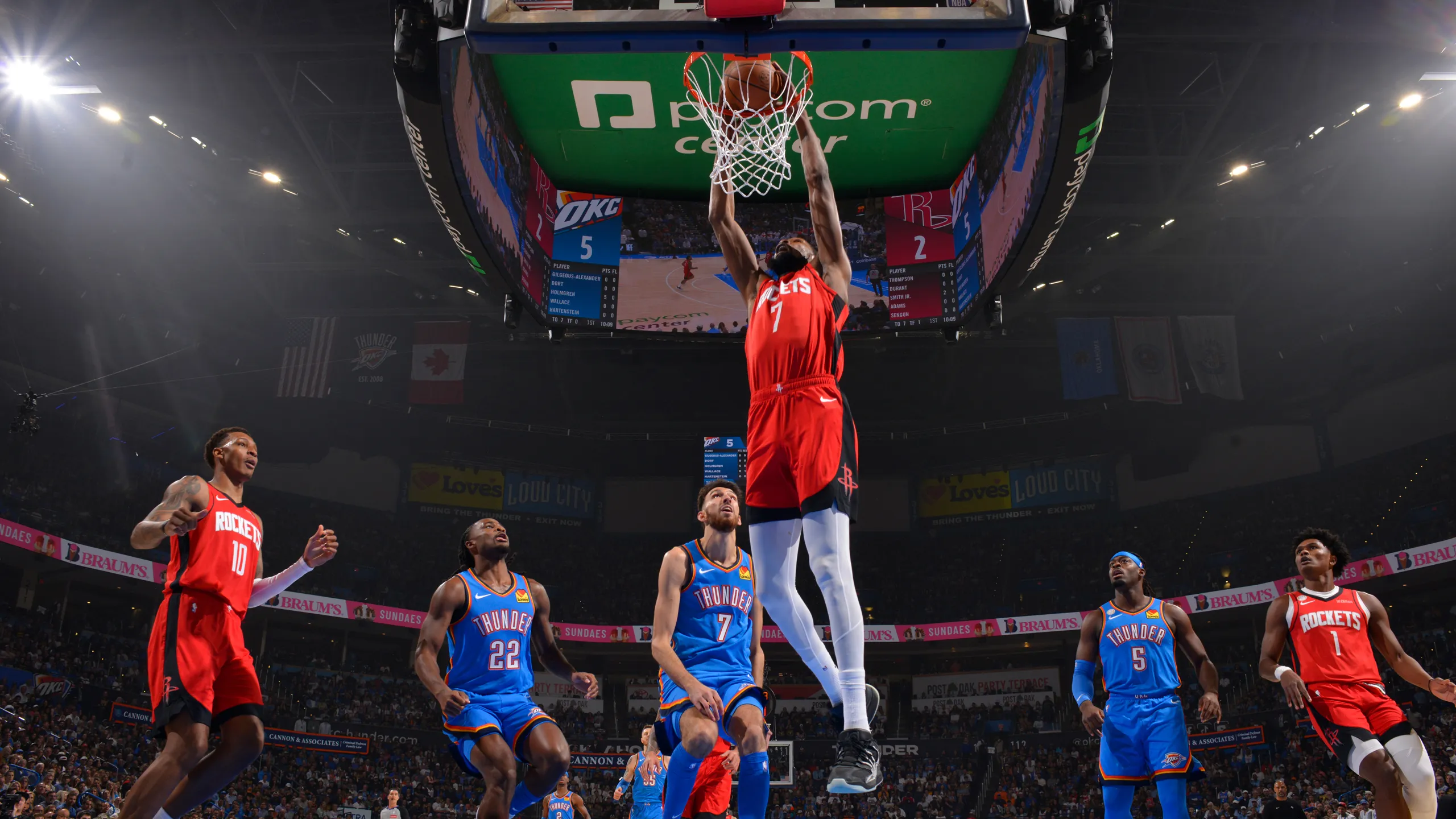
Durant, for one, was often exasperated at how he was portrayed. But he could never quite shake his status as a protagonist, and it’s not clear whether he even wanted to. He became M.V.P. while playing for the Thunder before turning a great Golden State Warriors team into a dynasty—and then ending the reign, when he decamped for the Brooklyn Nets. The Nets were a disaster, and his next team, the Phoenix Suns, failed even more dramatically. The way he played was never to blame: he still moves like water, with the same capacity for stillness or torrential force. Off the court, he dabbled in media projects with his entertainment company, Boardroom, and devoted himself to other interests, including, famously, responding to trolls on the internet. He likes the “dopamine hit” of clapping back, he has explained. “That’s like my coffee in the morning.” Last Tuesday, on the N.B.A.’s opening night, Durant made his début with the Houston Rockets. His teammates are young and on the rise—coming off a fifty-two-win season, with eleven players under thirty years old, including three starters who are twenty-three or younger. Durant is thirty-seven. There has been a lot of talk about how much his teammates would learn from his élite example: how to train, how to eat, how to rest, how to compete. But he’s not there merely to teach. The Rockets have signed Durant to a two-year, ninety-million-dollar extension—a team-friendly deal, yes, but still the kind of money you pay to the player you expect will be the best on your roster. The Rockets are betting that Durant, despite being well past the retirement age of most players, can elevate them into genuine title contenders. He makes certain things feasible, including a lineup full of bigs that the team’s coach, Ime Udoka, has begun using, in an effort to stymie teams with more normal statures. I confess, however, that the narrative possibilities are, to me, even more tantalizing. This is an unpredictable chapter in the life of a complicated and compelling man. This is surprising given some of the ways in which the league is changing. The pace of the game is becoming increasingly punishing. More and more teams are playing full-court defenses and trapping ball handlers. These strategies favor fresh legs and bodies with less wear and tear, younger players who can endure the long regular season and hold up in spring. And a number of dominant players have arrived in the league after the James-Curry-Durant cohort: Giannis Antetokounmpo, who is now thirty, has been an unstoppable force. Nikola Jokić, also thirty, is widely seen as the best player in the league. The current M.V.P., Shai Gilgeous-Alexander, is twenty-seven, and Luka Dončić, a favorite to become the next M.V.P., is twenty-six. The average age of the champion Thunder is 25.6 this year, nearly eight years younger than that of the Clippers—and the team that the Thunder beat in the Finals, the Indiana Pacers, also played a rotation that consisted almost entirely of players who were thirty and under. The Thunder are the consensus pick to win the championship again this season. But the old stars have not yet dimmed. This surely has something to do with their being American, while the game’s international presence is growing. (None of the younger players I mentioned in the previous paragraph grew up in the United States.) It also has to do with the league’s new parity: there have been five different champions in five years, which means no one young player has been able to establish himself as the league’s new king. And it has to do with the fact that the older players are relevant. Just last year, both James and Curry were selected for the All-N.B.A. Second Team. But the main reason, I think, that the old players continue to loom so large is that their personalities came to have clear contours. Their choices felt consequential. Their feelings were legible. Those narratives helped give their main characters mythic dimensions. (Durant—itinerant, ornery, and mighty—always seemed a little Old Testament-y to me.) What, if not who, comes after them? A lot of the conversation around the N.B.A. tends to be driven by analytics and financial considerations: complex contract structures, luxury taxes, and second aprons. The relentlessly statistical view risks turning the game into a series of probabilities rather than contests between people. At the same time, more and more content around basketball, like other sports, has become tied to gambling. The N.B.A. itself—which has goosed revenues by establishing myriad relationships with the gaming industry, among them data partnerships, sports books, and advertising, to make placing bets more popular and frictionless—bears some of the blame. So does a good portion of the media that covers the league closely. This is where the money is, and so, they must figure, where the fans are. Durant is not the only one who is in search of dopamine hits. Last week, the F.B.I. announced that it had arrested an N.B.A. head coach, Chauncey Billups, and a veteran player, Terry Rozier, as part of two investigations: one into an illegal poker game rigged by the Mafia, and another into betting on N.B.A. games using insider information. (Lawyers for both Rozier and Billups have denied the allegations.) The league is also dealing with controversial allegations of salary-cap circumvention by the Clippers: the team’s star Kawhi Leonard received an endorsement deal worth tens of millions of dollars from a now bankrupt company in which the Clippers’ owner, Steve Ballmer, had invested, apparently without Leonard actually providing any services. (The team, Leonard, and Ballmer have denied wrongdoing.) Aren’t there better stories to tell? The old narratives sometimes shaded into moralizing parables, which could feel cheap and often false. But the desire for human stories persists, and now we’re left with these tales of rampant greed and the abuses of trust. There are interesting people all over the N.B.A., including young players who can’t help but compel attention. Victor Wembanyama and Anthony Edwards come to mind. It’s possible that in time they will come to define the N.B.A. Wembanyama headlined the second night of the season, scoring forty points—including a few jaw-dropping shots and slams. But the N.B.A. centered the season’s opening night on the older generation: Durant’s battle with his former team, the young Thunder, followed by the Warriors as they took on the Lakers without LeBron, who missed the start of the season with injury for the first time in twenty-three years. The league seems to be hoping that the old guard will somehow hang on. The Thunder beat the Rockets in double overtime, after Oklahoma raised the championship banner. But what has stayed with me was the sight of Durant—who had been booed by the fans of his former team during the introductions—in the waning moments of the second overtime, after fouling out with two seconds to go and the Rockets up by one. As Gilgeous-Alexander hit the free throws to put Oklahoma City up for good, there was Durant, with his Biblical beard, on the bench, waiting for whatever comes next. ♦
